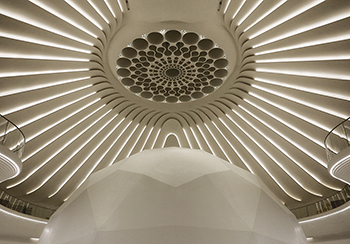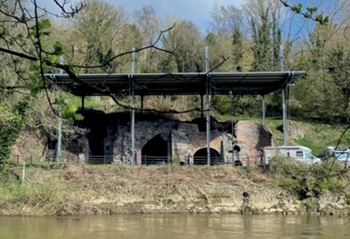Squatting
Squatting is knowingly entering a residential building as a trespasser and living there, or intending to live there. (Ref. Gov.uk Squatting and the law.)
Since September 1st 2012 squatting in residential premises is a criminal offence, punishable by a prison sentence of up to 6 months or a fine of up to £5,000. This is as a result of S 144 of the Legal Aid, Sentencing and Punishment of Offenders Act 2012 coming into force.
Some people consider this to be a long-overdue reform that will help end the serious problem of squatters occupying residential premises. However it does not address a similar problem in commercial premises and may, indeed, lead to more squatting taking place in such premises.
S 144 provides that a person commits an offence if:
- The person is in a residential building as a trespasser, having gained access as a trespasser.
- The person knows, or ought to know, that they are a trespasser.
- The person is living in the building or intends to do so.
A building is residential if it is '...designed or adapted, before the time of entry, for use as a place to live'. This is an important definition as it means that an offence will not be committed if such adaptation takes place AFTER the time of entry.
This means that commercial premises will be outside of the new offence, and commercial premises owners will not be able to rely upon this new legislation if faced with squatters in their premises. They will therefore have to continue to rely upon existing civil procedures to evict squatters unless they commit a criminal offence, such as:
- Causing damage when entering the property.
- Causing damage while in the property.
- Not leaving when they’re told to by a court.
- Stealing from the property.
- Using utilities like electricity or gas without permission.
- Fly-tipping.
- Not obeying a noise abatement notice.
(Ref. Government, Squatting in non-residential properties.)
Under rare circumstances, squatters may be able to acquire legal title to land on which the are squatting. See Adverse possession for more information.
[edit] Related articles on Designing Buildings Wiki:
- Adverse possession.
- Architecture of Christiania.
- Empty dwelling management orders.
- Excluded occupier.
- Housing tenure.
- How to evict a tenant.
- Land registry.
- Property guardianship.
- Right of entry.
- Right to access land.
[edit] External references:
Featured articles and news
Art of Building CIOB photographic competition public vote
The last week to vote for a winner until 10 January 2025.
The future of the Grenfell Tower site
Principles, promises, recommendations and a decision expected in February 2025.
20 years of the Chartered Environmentalist
If not now, when?
Journeys in Industrious England
Thomas Baskerville’s expeditions in the 1600s.
Top 25 Building Safety Wiki articles of 2024
Take a look what most people have been reading about.
Life and death at Highgate Cemetery
Balancing burials and tourism.
The 25 most read articles on DB for 2024
Design portion to procurement route and all between.
The act of preservation may sometimes be futile.
Twas the site before Christmas...
A rhyme for the industry and a thankyou to our supporters.
Plumbing and heating systems in schools
New apprentice pay rates coming into effect in the new year
Addressing the impact of recent national minimum wage changes.
EBSSA support for the new industry competence structure
The Engineering and Building Services Skills Authority, in working group 2.
Notes from BSRIA Sustainable Futures briefing
From carbon down to the all important customer: Redefining Retrofit for Net Zero Living.
Principal Designer: A New Opportunity for Architects
ACA launches a Principal Designer Register for architects.




















